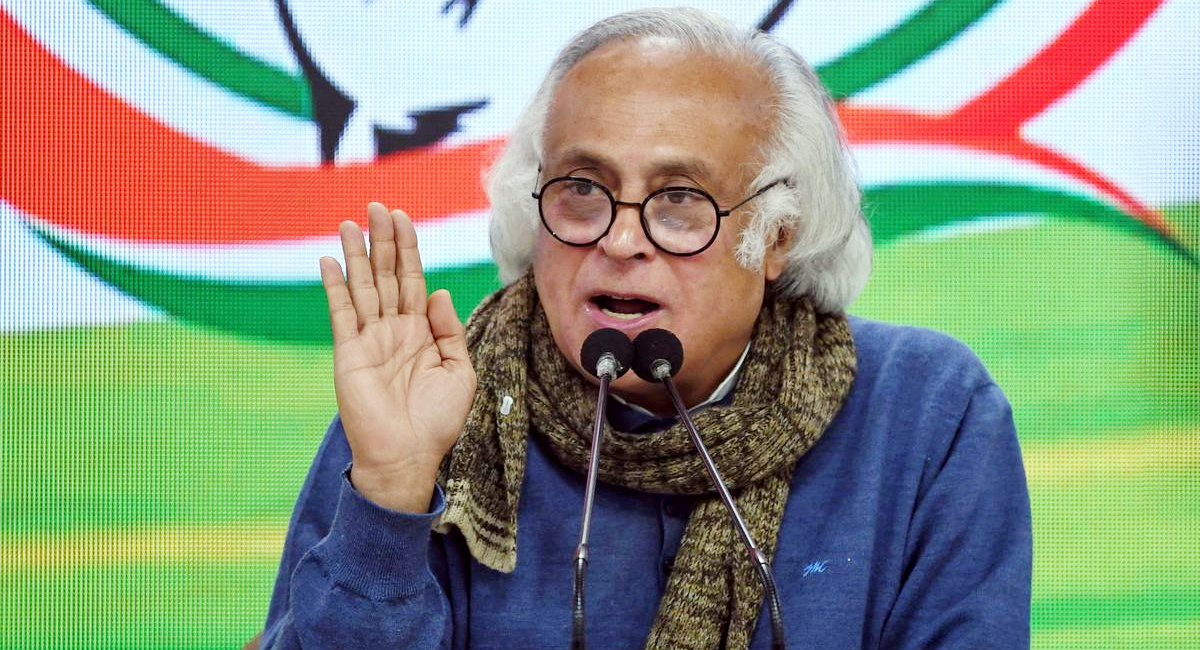NEW DELHI, Dec 22: Prime Minister Narendra Modi and his team launched a robust critique of Indira Gandhi concerning the 42nd Amendment. However, they overlooked the fact that she, along with other Congress MPs, actually supported the 44th Amendment, which reversed several elements of the 42nd Amendment, Congress MP Jairam Ramesh stated on Sunday.
Ramesh highlighted that the PM and his associates also failed to mention that numerous provisions from the 42nd Amendment have remained intact since its implementation nearly 50 years ago.
“In their discussion on the Constitution, the PM and his colleagues directed a strong attack at Indira Gandhi regarding the 42nd Amendment enacted by Parliament in December 1976,” he noted in a post on X.
“What they neglected to mention is that Indira Gandhi herself, along with other Congress MPs, supported the 44th Amendment in December 1978, under the premiership of Morarji Desai,” he added.
The terms “socialist” and “secular” were incorporated into the Preamble of the Constitution as part of the 42nd amendment introduced by the Indira Gandhi administration in 1976.
This amendment modified the description of India in the Preamble from a “sovereign, democratic republic” to a “sovereign, socialist, secular, democratic republic.”
Ramesh mentioned that the 44th Amendment rescinded several provisions from the 42nd Amendment.
“Moreover, the PM and his colleagues conveniently left out the fact that many provisions from the 42nd Amendment have been consistently preserved since their enactment nearly half a century ago,” the Congress leader remarked.
He pointed out that the provisions of the 42nd Amendment encompass the terms ‘socialist’ and ‘secular’ in the Preamble, which have recently been affirmed by the Supreme Court as integral to the basic structure of the Constitution.
These provisions include Article 39-A, which guarantees equal justice and free legal aid, as well as Article 43-A, which allows worker participation in industrial management, Ramesh explained.
Other retained elements are Article 48-A, which ensures environmental protection and the safeguarding of forests and wildlife, he stated.
Additionally, Article 51-A, outlining 11 fundamental duties of citizens, and Articles 323-A and 323-B, which establish administrative and other tribunals, are included as well.
Ramesh noted that the inclusion of education, population control, environment, and forests in the Seventh Schedule, specifically the Concurrent list, which assigns responsibilities to both the Union and state governments, was also preserved.
The Lok Sabha and Rajya Sabha held a two-day debate on the “Glorious Journey of 75 Years of the Constitution of India” earlier this month, marked by heated exchanges between the treasury and opposition benches. (PTI)


Leave a Reply